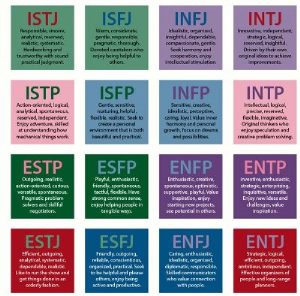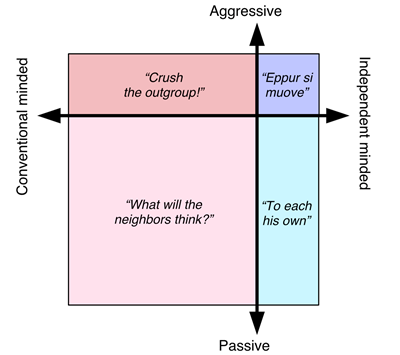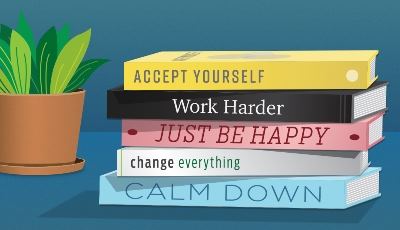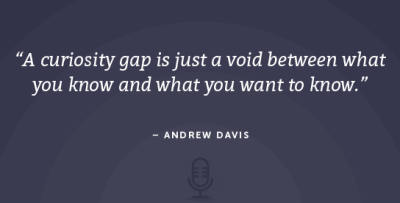In this post ‘Conversations with GPT-3‘ we get some interesting insight about the experience of conversing with an artificial intelligence, on the basis of the largest natural language AI around, which was released in July 2020.

GPT-3 is “Generative Pre-trained Transformer 3 (GPT-3) is an autoregressive language model that uses deep learning to produce human-like text. It is the third-generation language prediction model in the GPT-n series created by OpenAI, a for-profit San Francisco-based artificial intelligence research laboratory” [Wikipedia]. It is one of the largest AI system produced so far.
“GPT-3 has been trained on most of what humanity has publicly written. All of our greatest books, scientific papers, and news articles. We can present our problems to GPT-3, and just like it transcended our capabilities in Go, it may transcend our creativity and problem solving capabilities and provide new, novel strategies to employ in every aspect of human work and relationships.”
The post presents some example of the texts that were predicted by AI. Well, the conversations are quite astounding even if of course, what “Wise Being” says (it is the name of the machine” is extracted from what we could call common knowledge. Take for example the conversation around Love.
The conclusion is that very soon we’ll be chatting with AI bots without even realizing that we are. They will regurgitate our entire knowledge in the right way, providing deep reach out in our collective culture and production.











